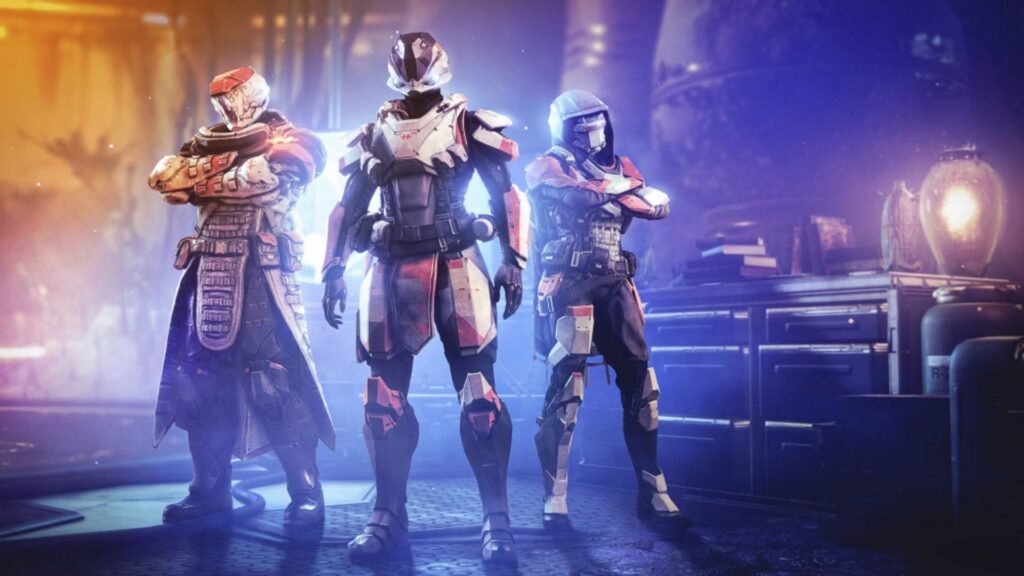
Three months after a wave of false DMCA takedown notices hit the Destiny 2 community, Bungie is suing the person responsible for $7.6 million. The lawsuit, which TheGamePost first reported on, comes after Bungie filed an initial suit against “John Does 1-10” in a kind of placeholder case filed while the Destiny 2 maker waited for YouTube to hand over the data on the perpetrator.
When the takedown notices first started appearing on March 20, business lawyer Richard Hoeg told GameDaily the person behind them could be anyone from an actual fake to an overeager contractor trying to protect Bungie’s properties. The nature of DMCAs exacerbated the challenge of finding the culprit, Hoeg said. Anyone with knowledge of the proper notice format and a legitimate-seeming email address can file a DMCA, and the intricacies of digital law means it’s in YouTube’s best interests to strike first and possibly evaluate the claim’s legitimacy later–if at all.
“Platforms are strongly encouraged to take down based on any takedown request that complies with DMCA formalities or their equivalents, so from a legal perspective they probably shouldn’t be ‘evaluating’ [claims] at all,” Hoeg previously told Gamedaily. “I’d argue that for fraud on takedowns (whether that’s occurring here or not) the biggest issue is with the DMCA’s default standard of ‘remove’ combined with fairly toothless penalties for fraud.”
It turns out that format is exactly what someone followed. The person responsible was Nicholas Minor, who called himself “Lord Nazo” in the Destiny community. A legitimate DMCA notice Bungie issued Minor in December 2021 after he uploaded Destiny 2’s official soundtrack on YouTube is reportedly what prompted his actions. He left the videos up as long as possible until January, when YouTube automatically deleted them.
The suit says Minor then did the same thing again in February, uploading The Witch Queen’s official soundtrack and once again receiving takedown notices. Shortly after,Minor created two Gmail accounts and copied the address format that Bungie’s copyright protection agency CSC uses, and sent 96 DMCA takedowns in total.
Minor also used one of the fake CSC addresses to send threatening emails to the actual agency.
Bungie took action immediately after reports about the takedowns began emerging, though as GameDaily previously reported, YouTube was reluctant to provide user data about Minor, which slowed the legal process. Further compounding the issue, and in keeping with Hoeg’s description of the digital legal landscape, was YouTube’s lack of policies or mechanisms for those affected by fraudulent DMCAs to alert YouTube about the issue.
The suit claims Bungie suffered significant economic harm “for obvious reasons,” though YouTube’s strike system, which removes accounts after they receive a certain number of takedown notices, means the content creators who make their living by creating Destiny videos were arguably at greater risk. Bungie helped the creators restore their videos, though the case made no mention of whether they, too, would receive remuneration.
 GameDaily.biz © 2025 | All Rights Reserved.
GameDaily.biz © 2025 | All Rights Reserved.